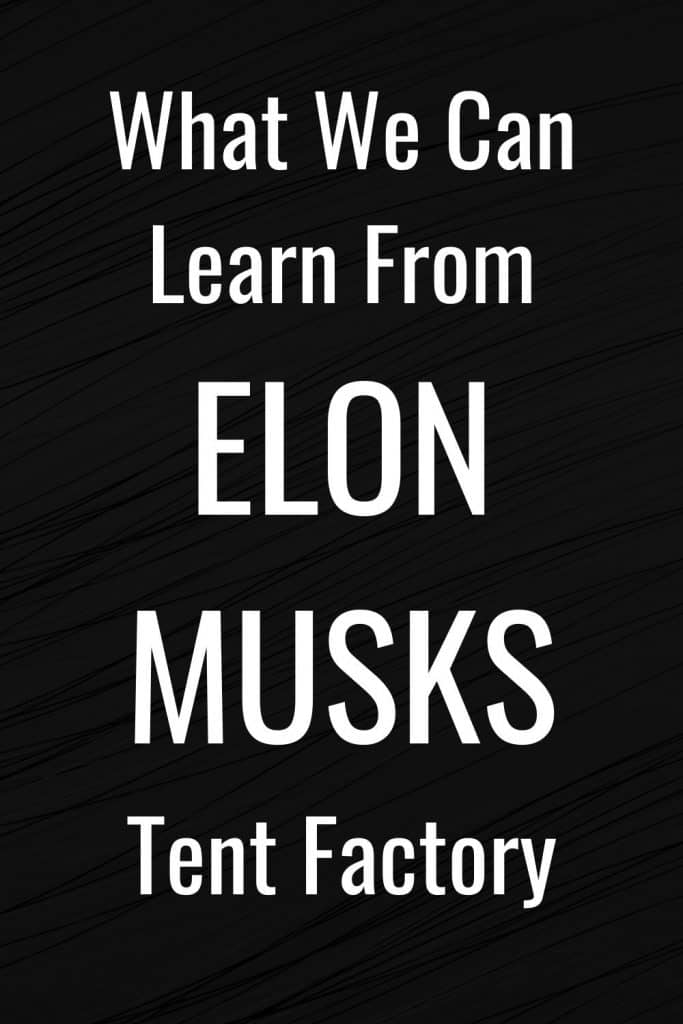A lot of people go into the business world, expecting it to be mundane and process-driven. They assume that their job will mainly be doing odd tasks, like taking on new hires and overseeing company accounts, but that’s rarely how it pans out. Instead, entrepreneurs have to think on their feet. Keeping a company afloat is a little bit like surviving in the jungle – you never know what’s going to come and eat you next.
Somebody who knows a thing or two about businesses crises is Elon Musk. Despite the billionaire’s remarkable success, he’s spent the last fifteen years or so – ever since the sale of Paypal – living on a financial knife edge. During the Great Recession, both SpaceX and Tesla nearly went out of business, almost leaving the business maverick and his dreams high and dry.

Elon Musk’s most significant problem of the last decade has been ramping production of his cars to the point where Tesla, as an entity, becomes profitable. To get to scale, the firm needed to churn out half a million vehicles per year, but in the spring of 2017, it didn’t look like that was going to happen. Musk and the rest of Tesla missed their goals by a long way, unable to get their ageing Fremont factory to automate vast chunks of the assembly process. To put it bluntly, it was a disaster.
Why Musk Build A Factory In A Tent
Designers wanted a factory that would carry out most of the production using machines, but the technology just wasn’t there to make it happen. Tesla attempted to automate too much. The only solution to the problem was to switch back to manual assembly, but this would take up more space.
The Fremont factory was already bursting at the seams, so there was no more room inside, so Musk took the only decision that he could – move production outside.
The media excoriated the decision. It was another sign that Musk was “unhinged” and “out of touch with reality.” Nobody builds cars outside.
Musk, however, was in survival mode. He knew that if he didn’t try something, the company wasn’t going to reach its production goals at it was game over. He needed his ”tent factory” as an additional space where workers could put vehicles together. If he didn’t try it, then he knew that production would ramp even more slowly, potentially putting the entire operation at risk.
The market for tents has expanded substantially in recent years. Zappshelter and others have entered the market, providing temporary (or permanent) facilities for companies need extra space. While the market focuses mainly on storage, it shows the concept isn’t just in the mind of Musk. It is becoming an essential feature of the business world.
The Lesson Entrepreneurs Can Learn From The Tent Experience
The lesson Musk’s actions teach entrepreneurs is that it is okay to be in survival mode. If an idea – such as putting a factory in a tent – sounds crazy, then it probably is. But ultimately, it doesn’t matter what the media thinks when the survival of a business is at stake.
- Please note that this post has been written by an outside source – See Disclosure Policy



